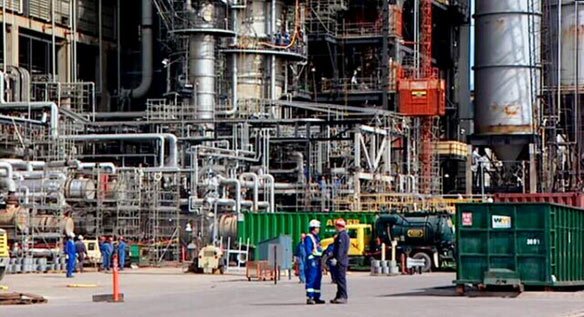Lagos — Crude oil futures remain capped following U.S. President Donald Trump’s comments urging OPEC and Saudi Arabia to lower crude prices. In his speech at the World Economic Forum in Davos, Switzerland, Trump called for OPEC to reduce prices and requested Riyadh to increase U.S. investment to USD 1 trillion, up from the previously reported USD 600 billion.
This added pressure on global crude prices, creating uncertainty in the market as OPEC’s response to these demands could impact future supply dynamics, weighing on market sentiment.
Furthermore, concerns surrounding Trump’s tariff policies and the potential for increased U.S. oil output also dampened crude futures.
Speculation about the potential shift in global supply balance contributed to bearish sentiment in the market. Despite a report from the U.S. Energy Information Administration (EIA) showing a decline in U.S. crude inventories to their lowest levels since March 2022, oil prices struggled to recover. The EIA’s report indicated a 1-million-barrel drop in stockpiles for the week ending January 17, marking the ninth consecutive weekly decline.
Whilst this tightening of U.S. supply provided some support to global crude prices, it was insufficient to offset the broader pressures weighing on the market. Global crude prices continue to face challenges amid uncertain political and economic developments.



